News
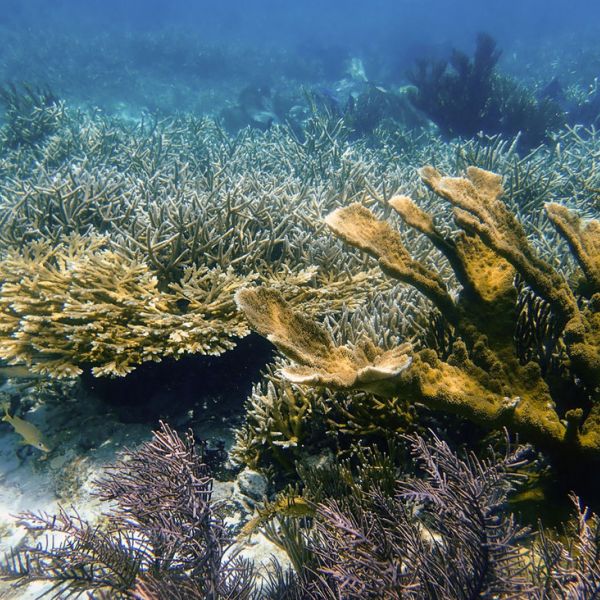
May 28, 2021
Reef-building corals and microscopic algae within their cells evolve together
The microscopic algae that live inside and provide nutrients to their reef-building coral hosts may be evolving in tandem with the corals they inhabit, so each partner is fine-tuned to meet one another’s needs. A new study by Penn State biologists reveals that genetic differences within a species of these microalgal symbionts correspond to the coral species they inhabit, a discovery that could have implications for the conservation of these endangered corals.
Full Article
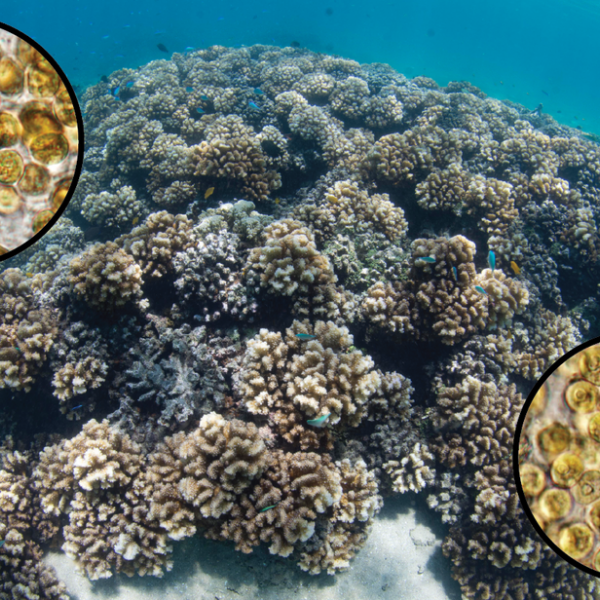
May 27, 2021
Widespread coral-algae symbioses endured historical climate changes
One of the most important and widespread reef-building corals, known as cauliflower coral, exhibits strong partnerships with certain species of symbiotic algae, and these relationships have persisted through periods of intense climate fluctuations over the last 1.5 million years, according to a new study led by researchers at Penn State.
Full Article
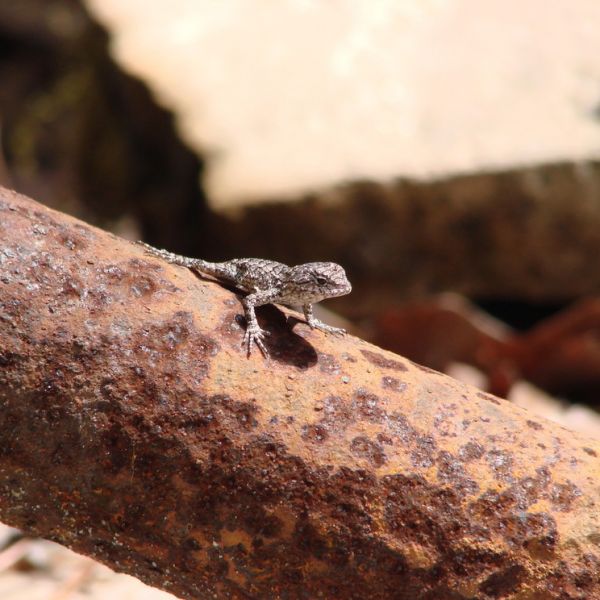
May 17, 2021
Maternal stress during pregnancy may shorten lifespans of male lizard offspring
Mother fence lizards that experience stress during pregnancy give birth to male offspring with shortened telomeres, or bits of non-coding DNA that cap the ends of chromosomes, according to a Penn State-led study.
Full Article
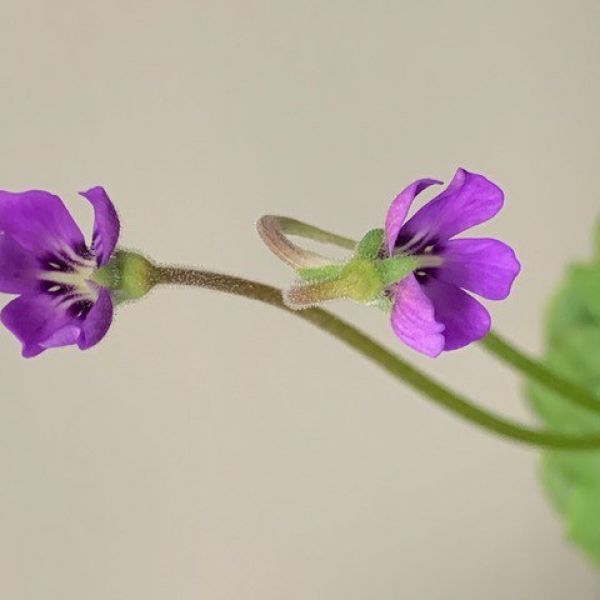
Apr 22, 2021
Little crop of horrors
An international team of researchers has received a grant from the Human Frontier Science Program to investigate how carnivory-related genes, such as those involved in digestion, could help crops not only avoid pests, but also thrive in low-nutrient environments.
Full Article

Apr 09, 2021
New position will support graduate and post-graduate training
Donna Korzick, professor of physiology and kinesiology, recently assumed a new role as director of graduate training initiatives in the Huck Institutes for the Life Sciences. In this role, Korzick is dedicating half of her time to support the application for and execution of training grants from organizations like the National Institutes of Health.
Full Article

Mar 25, 2021
Three Huck Students Collect Grad School Awards
Two students from the intercollegiate graduate degree program in plant biology and one from ecology have been named among the recipients of prestigious 2020-21 Penn State Graduate School awards.
Full Article

Mar 18, 2021
Ottar Bjørnstad elected to Norwegian Academy of Sciences and Letters
Ottar N. Bjørnstad, distinguished professor of entomology and biology and J. Lloyd & Dorothy Foehr Huck Chair of Epidemiology at Penn State, has been elected to the Norwegian Academy of Sciences and Letters. Bjørnstad was recommended as a result of his significant contributions to the fields of population ecology and quantitative epidemiology.
Full Article

Mar 08, 2021
New Appointments to Build on Excellence in Graduate Training
Two familiar faces within the Huck's graduate program system will be adding new roles to support the Institutes' portfolio of extramurally-funded programs.
Full Article
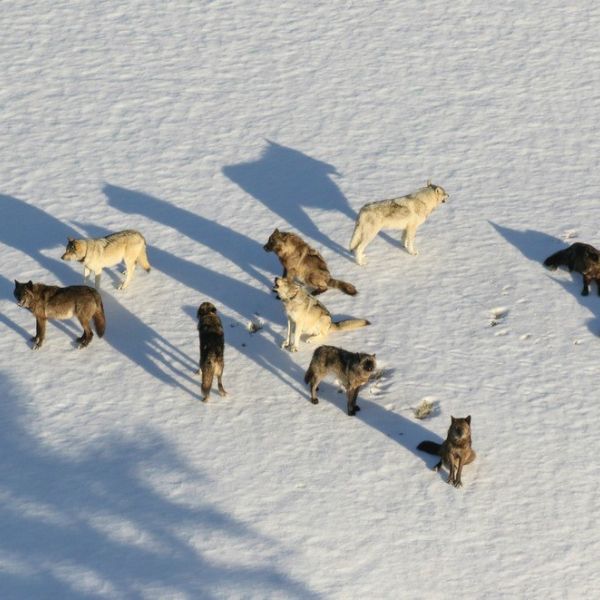
Mar 03, 2021
Wolf social group dynamics matter for infectious disease spread, models suggest
By modeling wolves in Yellowstone National Park, researchers have discovered that how a population is organized into social groups affects the spread of infectious diseases within the population. The findings may be applicable to any social species and could be useful in the protection of endangered species that suffer from disease outbreaks.
Full Article

Mar 01, 2021
Unique study of isolated bobcat population confirms accuracy of extinction model
The reintroduction of 32 bobcats to an island off the coast of Georgia more than three decades ago created an ideal experiment to examine the accuracy of a genetic-modeling technique that predicts extinction of isolated wildlife populations.
Full Article